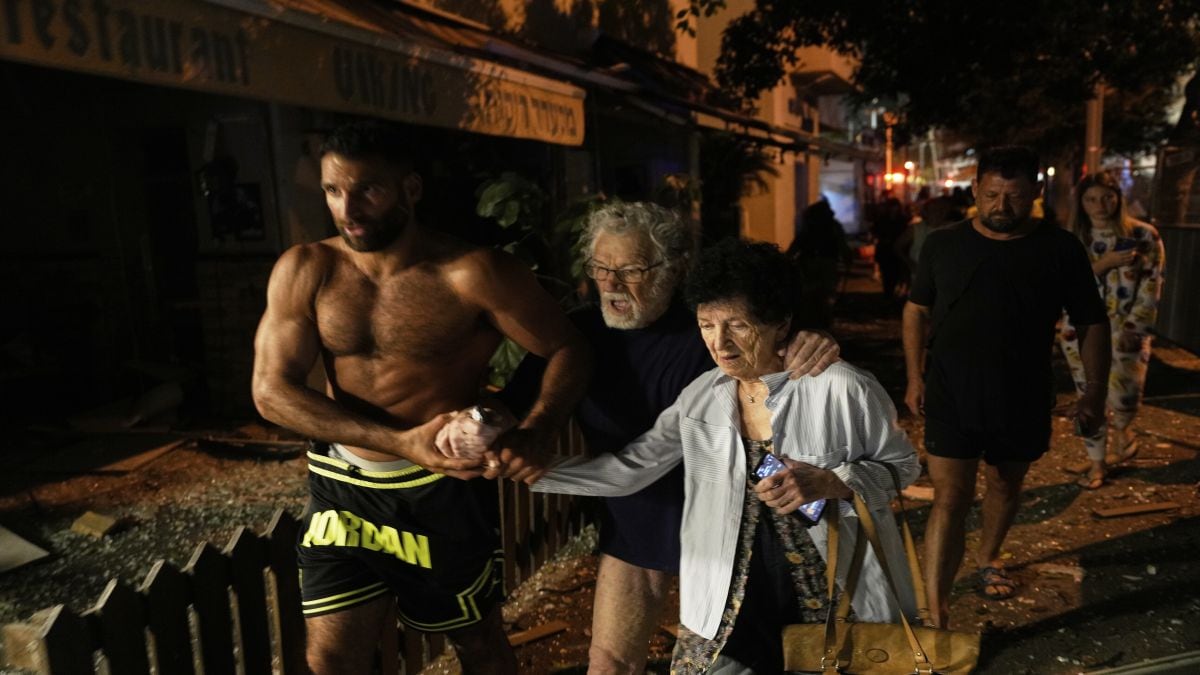

The escalating conflict between Israel and Iran is casting a long shadow over India, raising concerns about energy security, trade routes, and overall economic stability. While India maintains diplomatic ties with both nations, the potential for a full-blown regional war presents significant challenges.
One of India's primary worries is the impact on oil prices. Nearly two-thirds of India's crude oil and half of its LNG imports pass through the Strait of Hormuz, a narrow waterway threatened by Iran. This chokepoint handles roughly one-fifth of global oil trade, making it critical for India, which relies on imports for over 80% of its energy needs. Disruptions to this route could lead to a sharp increase in oil prices, shipping costs, and insurance premiums, potentially fueling inflation and weakening the rupee. The MCX crude oil prices opened higher at ₹6,343 per barrel as against its previous close of ₹6,285. At 9:15 AM, MCX crude oil rate was up 1.05% at ₹6,351 per barrel on Monday. On Friday, MCX crude oil prices jumped 7.77%.
The Global Trade Research Initiative (GTRI) has cautioned that India cannot afford to be complacent and must review energy risk scenarios, diversify crude sourcing, and ensure sufficient strategic reserves. They also highlighted the need for stronger military preparedness in the Arabian Sea to protect vital sea lanes. The Indian government is urged to use international platforms like the G20 and the UN to push for de-escalation and safeguard global trade routes.
Beyond oil, the conflict also threatens India's trade routes. Approximately 30% of India's westbound exports to Europe, North Africa, and the U.S. East Coast pass through the Bab el-Mandeb Strait, which is now vulnerable due to heightened tensions in the Red Sea region. If shipping companies are forced to take the longer route around the Cape of Good Hope, transit times could increase by up to two weeks, significantly raising freight costs. This would affect Indian exports like engineering goods, textiles, and chemicals, while also increasing the cost of essential imports.
India has significant trade exposure to both Iran and Israel. In FY2025, India exported goods worth $1.24 billion to Iran and imported $441.9 million. Trade with Israel is even larger, with $2.15 billion in exports and $1.61 billion in imports. However, the disruption of trade routes and increased freight costs could negatively impact these figures.
Several sectors of the Indian economy are particularly vulnerable to sustained high oil prices, including oil marketing companies, auto manufacturers, and consumer staples. Select pharmaceutical API producers and chemical firms may also face raw material cost pressures. Rising gold prices, driven by geopolitical risk and a weakening rupee, may negatively impact jewellery sales.
The Reserve Bank of India (RBI) may need to intervene in the currency market to prevent excessive rupee depreciation and weigh the impact of oil-driven inflation against the risk of a growth slowdown. The central government might consider cutting excise duties or offering targeted subsidies to cushion households from the oil shock.
India's strategic response involves a delicate balancing act. The country has close ties with both Israel and Iran, and it cannot afford to alienate either. India has called for restraint from both sides and emphasized the importance of dialogue and diplomacy. Prime Minister Narendra Modi has spoken with his Israeli counterpart, Benjamin Netanyahu, expressing India's concerns and stressing the need for early restoration of peace and stability. The Ministry of External Affairs has reiterated India's commitment to supporting de-escalation efforts and resolving the underlying issues through peaceful means.
India's long-term interests require maintaining stability in West Asia, securing uninterrupted energy supplies, and protecting its economic interests. The government's approach will likely involve a combination of diplomatic engagement, strategic preparedness, and economic measures to mitigate the potential fallout from the Israel-Iran conflict.